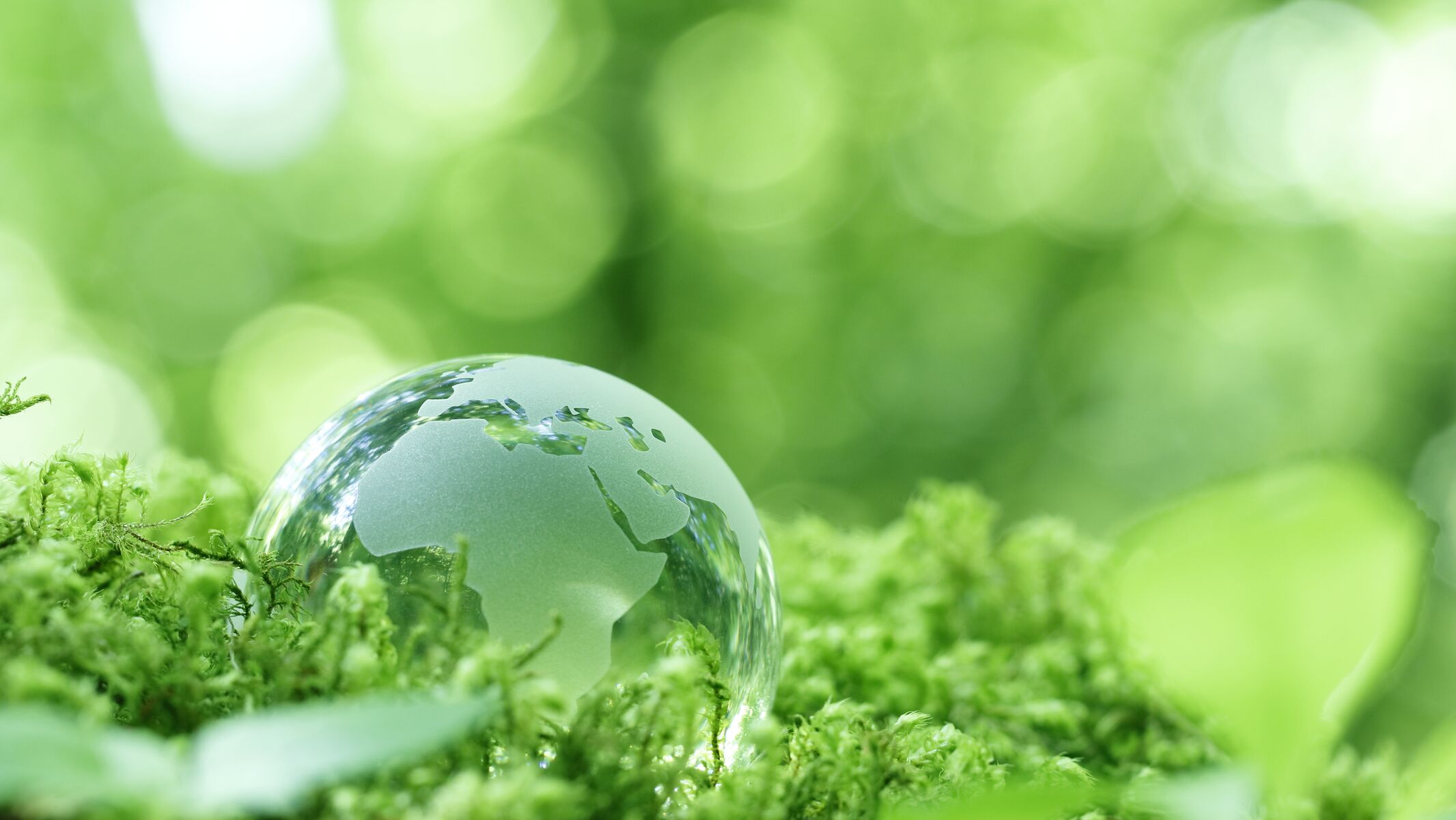Level 2 minimal - vdma.eu
In focus: The topics of VDMA Waste Treatment and Recycling Technology
In the future, the EU wants to allow only sustainable, safe and circular products on the internal market. Product-specific requirements, coupled with a Digital Product Passport, can create space for new business models in the sense of the circular economy. However, it is crucial that the EU does not aim for a 'one-size-fits-all solution' here.
NRW presents key points for a state-wide circular economy strategy and asks businesses for feedback. The online consultation runs until 15.02.2026.
Circular economy as an opportunity: CIRCO workshops support companies in becoming more resilient through circular product design and new business models.
The "Circular Production NRW" (ZiPo.NRW) funding call is entering the next round: applications can now be submitted until December 15, 2025.
The VDMA regulatory cockpit provides you with a central, practical overview of current and upcoming regulations. It helps you identify relevant information at an early stage, evaluate it strategically, and derive concrete measures.
Twin transformation in mechanical and plant engineering: How digitalization and sustainability together enable new business models and make the industry fit for the future.
Customer requirements and their implementation are no longer defined only within one's own company, but must be developed in a joint value chain with cross-company teams, so that a holistic, resource-efficient value cycle is created.
The results report of the "Managing Sustainable Innovations" project provides a compact overview of the framework conditions and approaches that can be used to create more sustainable products.
With the new Ecodesign Regulation and the establishment of a digital product passport, the EU Commission has set an important milestone under the Green Deal. The mechanical engineering sector will already be affected by the new requirements in the short term.
The circular economy is one of the key areas of transformation with opportunities as an enabler for mechanical and plant engineering. The kick-off event presented selected business models.
The more material - for example metals or plastics - that is not part of the final product, the higher the total material consumption and the higher the total greenhouse gas emissions.
Maintaining products, components and materials at their highest utility and value, extending life cycles and thus reducing waste and resource consumption, that is the goal of the circular economy. The way to achieve this is to apply the 10 "R strategies" of the circular economy.
Mechanical and plant engineering is an enabler for climate protection and resource efficiency. Only with green technologies and innovative strength can climate targets be achieved and transformation shaped.
Makerspaces are freely accessible workshops with high-tech equipment. Ideal for machine makers – e.g. for trying new technology, meeting startups, or sustainability gains and training of own staff.
The EU Parliament has adopted its position on the new circular economy package. From the VDMA's point of view, this is a good step into the right direction, but too much bureaucracy has to be avoided.
Principle 4: Sustainable thinking and action is reflected in our processes and products
Climate-neutral production is a challenge along the entire value chain and occupies many companies. For this reason, the VDMA has now published a practical guide for the mechanical and plant engineering sector.
At the 5th VDMA Future Business Summit, around 60 participants from industry and research discussed the opportunities offered by a digitized recycling economy for mechanical engineering and heard what is already possible today.
Future study shows: Digitalization can become the decisive instrument for spreading and accelerating the circular economy and lead to opportunities through new business models.
Your contacts in the trade associations and regional subsidiaries on this topic


